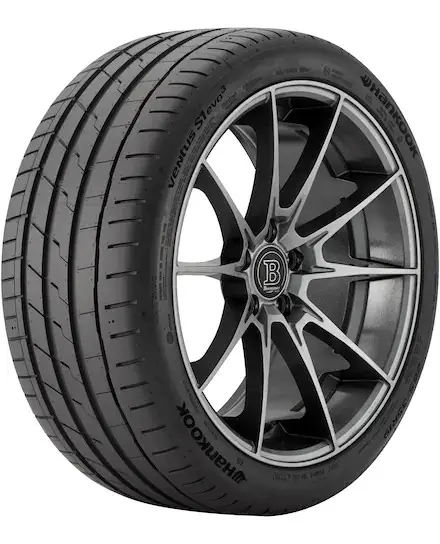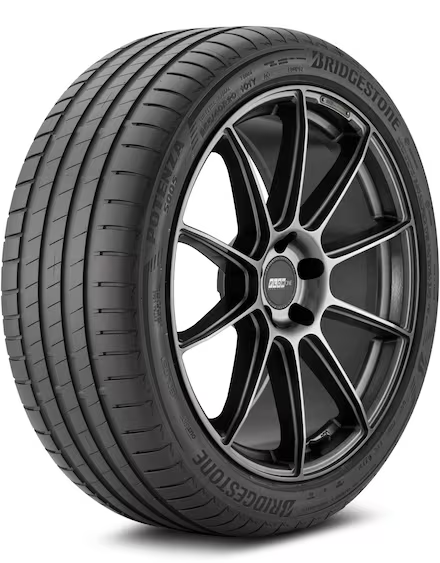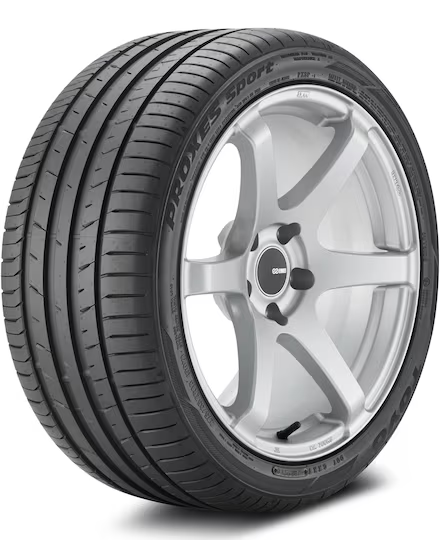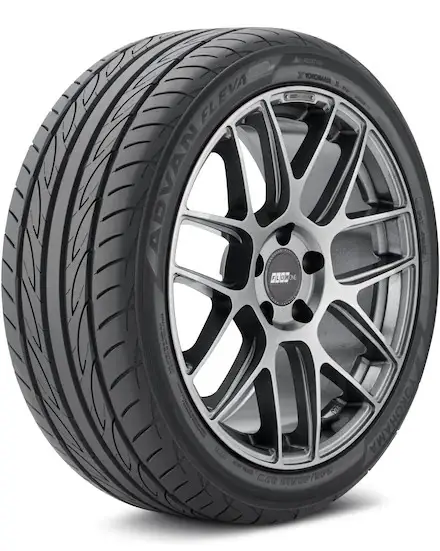Did you know that nearly 250 million tires are discarded in the U.S. each year? That’s a lot of rubber hitting the road, and it highlights just how crucial tires are for our daily lives.
If you’re like most drivers, you want your tires to last as long as possible, which is why you might be considering a tire road hazard warranty.
But are they really worth it?
Are Road Hazard Warranties Worth It?
A road hazard warranty can be worth the investment for some drivers, providing financial protection and peace of mind against tire damage from potholes, debris, and other common hazards.
However, it’s important to weigh the warranty cost against potential savings and consider your driving habits, road conditions, and tire quality before making a decision.
In this article, we’ll take a deep dive into the world of road hazard coverage, exploring the ins and outs of these protective plans.
We’ll weigh the pros and cons, examine the factors to consider, and provide you with valuable tips to help you make the best decision for your vehicle.
Let’s take a closer look.
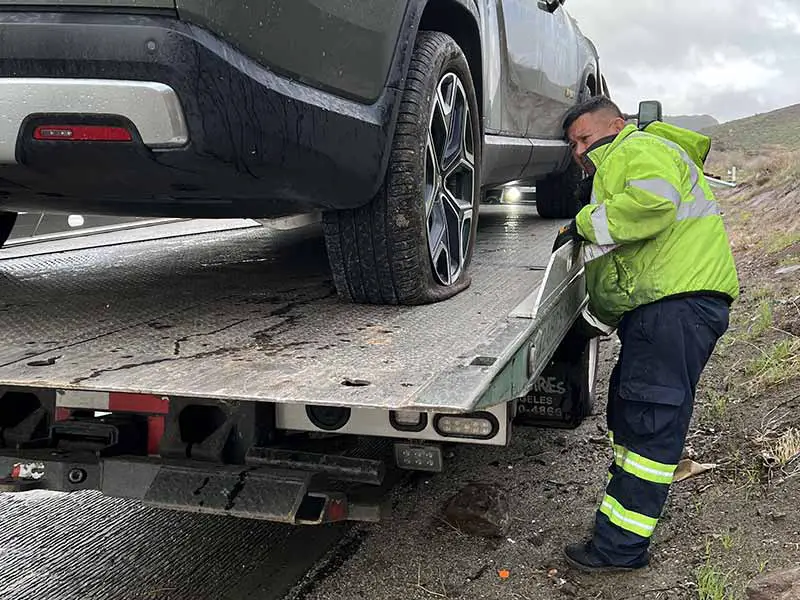
Understanding Road Hazard Warranties
A road hazard warranty is like a safety net for your tires. When you buy new tires for your car or truck, you can choose to add this extra protection. If your tires get damaged by something on the road, like a pothole or a sharp object, the warranty will help you fix or replace the tire without spending a lot of money.
What Does A Road Hazard Warranty Cover?
Road hazard coverage is designed to protect your tires from common issues you might face while driving. Let’s take a look at what’s usually covered:
Tire Repair Or Replacement
If your tire gets damaged by a road hazard, the warranty will cover the cost to repair it. If the damage is too bad and the tire can’t be fixed, the warranty will cover the cost to replace the tire with a new one. Keep in mind that the warranty might only cover a portion of the replacement cost, depending on the warranty terms.
Common Road Hazards
Road hazard warranties cover a wide range of problems you might encounter on the road. Some examples of road hazards include:
- Potholes: These pesky holes in the road can seriously damage your tires, causing them to pop or wear out quickly.
- Nails And Screws: It’s not uncommon to run over nails, screws, or other sharp objects that can puncture your tire and cause a flat.
- Glass And Other Debris: Sometimes, broken glass or other debris can cut your tire, leading to a slow leak or even a flat tire.
Remember that each road hazard warranty is different, so it’s essential to read the fine print and understand what’s covered and what’s not.
Tire Mileage Warranty Calculator
Factors To Consider
When deciding whether to get a road hazard protection, one of the first things you should think about is the cost. How much will it set you back?
There are a couple of ways road hazard warranties can be priced:
- Upfront Fee: Some warranties have a fixed fee that you pay when you buy the tires. This fee might be a flat amount or a percentage of the tire price. It’s essential to check the warranty details to understand how much you’ll be paying.
- Comparison With Regular Tire Prices: Don’t forget to compare the price of the warranty to the cost of buying a new tire. If the warranty is too expensive, it might not be worth the investment. If the warranty is reasonably priced, it could save you money in the long run, especially if you have to replace a damaged tire.
Duration Of Coverage
Another factor to consider is how long the warranty will last. Road hazard warranties usually have a limited time or mileage-based coverage:
- Limited Time: Some warranties last for a certain number of months or years after you buy the tires. Make sure you know when your warranty will expire so you can take advantage of it before it’s too late.
- Mileage-Based Coverage: Other warranties are based on the number of miles you drive. For example, a warranty might cover your tires for the first 30,000 miles. Keep track of your mileage to know when your warranty coverage ends.
Availability Of Warranties
Road hazard coverage isn’t available for all tires or at all retailers. Before deciding on a warranty, find out if it’s an option for the tires you want and where you plan to buy them:
- Tire Brands: Some tire brands might offer road hazard warranties, while others might not. When shopping for tires, ask the salesperson if the brand you’re interested in has a warranty option.
- Tire Retailers: Not all tire shops offer road hazard coverage. Some might have their own warranty programs, while others might partner with specific tire brands to provide coverage. Check with the retailer you plan to buy your tires from to see if they have any warranty options available.
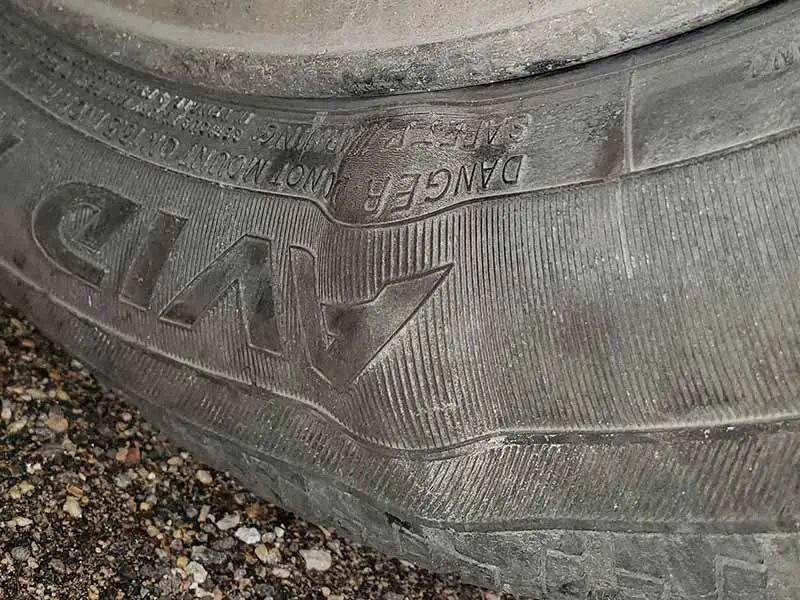
Pros of Road Hazard Warranties
Peace Of Mind
One of the biggest benefits of having a road hazard warranty coverage is the peace of mind it can provide. Knowing you’re protected can make a world of difference when you’re out on the road.
Let’s see how:
- Financial Protection Against Unexpected Tire Damage: Tires can be pretty expensive, and having to replace one unexpectedly can be a real bummer. With a road hazard warranty, you won’t have to worry about shelling out big bucks if your tire gets damaged by something on the road.
- Convenience Of Coverage: If you do have a tire issue, it’s nice to know that your warranty has your back. Instead of stressing about finding the money to fix or replace the tire, you can focus on getting back on the road as quickly as possible.
Potential Cost Savings
Another pro of road hazard warranties is that they might actually save you money in the long run. Here’s how:
- Comparison Of Warranty Cost Vs Tire Replacement Cost: When you weigh the cost of the warranty against the price of a new tire, you might find that the warranty is a smart investment. For example, let’s say your warranty costs $50, and a new tire costs $200. If you end up needing to replace a tire during the warranty period, you’ll have saved $150.
- Examples Of Cost-Effective Scenarios: Road hazard warranties can be especially helpful in certain situations. If you live in an area with lots of construction, lots of potholes, or where debris is common on the roads, your tires might be at a higher risk of damage. In these cases, a road hazard warranty could save you money by covering the cost of repairs or replacements.
Keep in mind that everyone’s situation is different, so it’s essential to evaluate your own driving habits and circumstances to see if road hazard protection makes sense for you.
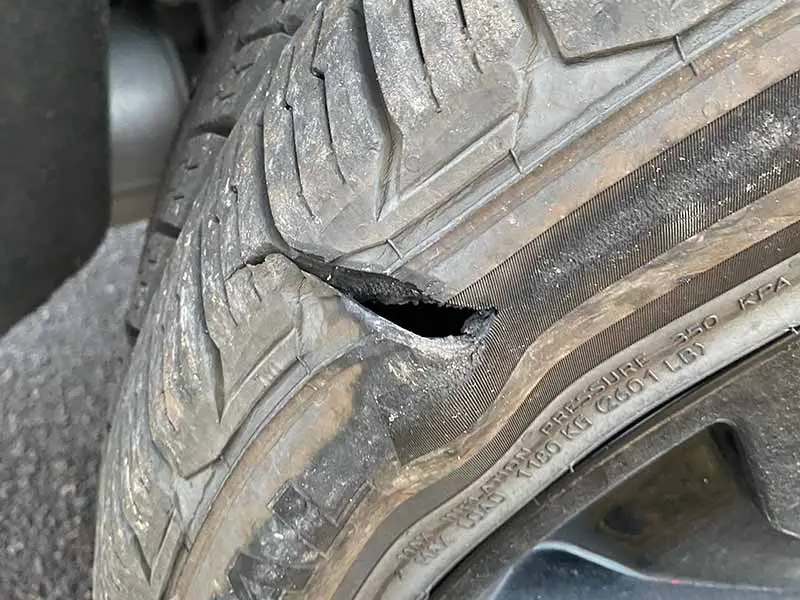
Cons of Road Hazard Warranties
Additional Expense
While road hazard warranties have their benefits, there are also some downsides to consider. One of the main cons is the extra cost involved. Let’s take a closer look:
- Paying For A Warranty That May Never Be Used: Sometimes, you might pay for road hazard protection and never end up needing it. It can be frustrating to think about spending money on something you didn’t use, especially when you consider that you could have put that cash toward something else.
- Possible Budgetary Constraints: If you’re on a tight budget, the added cost of a road hazard warranty might not be feasible. In this case, you’ll need to weigh the potential benefits against the financial strain of paying for the warranty.
Limited Coverage
Another drawback of road hazard warranties is that they don’t cover everything. Here are some situations where your warranty might not help:
- Situations Not Covered By Road Hazard Warranties: Road hazard coverage typically only cover damage caused by things like potholes, nails, and debris. They usually don’t cover damage caused by accidents, vandalism, or normal wear and tear. So, if your tire gets damaged in a way that’s not covered, you’ll be on the hook for the cost.
- Examples Of Uncovered Damages: Some damages that might not be covered by a road hazard warranty include:
- Sidewall damage from hitting a curb
- Damage caused by driving on a flat tire
- Uneven wear due to poor alignment
It’s important to read the fine print of your road hazard warranty to fully understand what is and isn’t covered. This will help you avoid any surprises and make sure you know what to expect if you ever need to use the warranty.

Tips For Deciding If A Road Hazard Warranty Is Right For You
Assessing Your Driving Habits
To figure out if a road hazard warranty makes sense for you, start by thinking about your driving habits and the roads you travel on. Here are some factors to consider:
- Types Of Roads You Frequently Drive On: Do you mostly drive on well-maintained highways, or do you often find yourself on rougher roads with lots of potholes and debris? If you’re regularly driving on roads that could damage your tires, a road hazard warranty might be a wise investment.
- Likelihood Of Encountering Road Hazards: Consider how often you’ve had tire issues in the past. If you’ve frequently experienced tire damage from road hazards, it might be worth investing in a warranty for some extra protection.
Evaluating The Cost Of The Warranty Vs Potential Savings
To decide if a road hazard warranty is worth it, compare the cost of the warranty with the potential savings from having your tires repaired or replaced:
- Calculate the cost of the warranty and compare it to the price of a new tire or the average cost of tire repairs.
- Think about how likely it is that you’ll need to use the warranty based on your driving habits and the condition of the roads you travel on.
Considering The Quality And Durability Of Your Tires
Finally, think about the tires you’re planning to buy and how durable they are:
- Research the tire brand and model to see how long they typically last and how resistant they are to damage.
- If the tires you’re considering are known for their durability and resistance to road hazards, you might not need a road hazard warranty.
By taking the time to consider these factors, you’ll be better equipped to decide if a road hazard warranty is the right choice for you. Remember, everyone’s situation is different, so it’s important to weigh your options and make an informed decision based on your individual needs.
Resources
Below are some links you may find helpful when learning about tires
- Getting a grip on tire warranties – Consumer Reports
- Certificate for repair, refund, or replacement – Discount Tire
Final Thoughts
Deciding whether a road hazard warranty is worth it comes down to your unique driving situation and personal preferences. There are both pros and cons to having this extra layer of protection for your tires. It’s important to think about your driving habits, the types of roads you travel on, and the quality of the tires you’re buying before making a decision.
As the saying goes, “An ounce of prevention is worth a pound of cure.” Investing in a road hazard warranty might be that ounce of prevention for some drivers, while others may find it’s not necessary.
By taking the time to weigh your options and consider the information we’ve discussed in this article, you’ll be well-equipped to make the right choice for your vehicle and your wallet.
Good luck and happy motoring.

